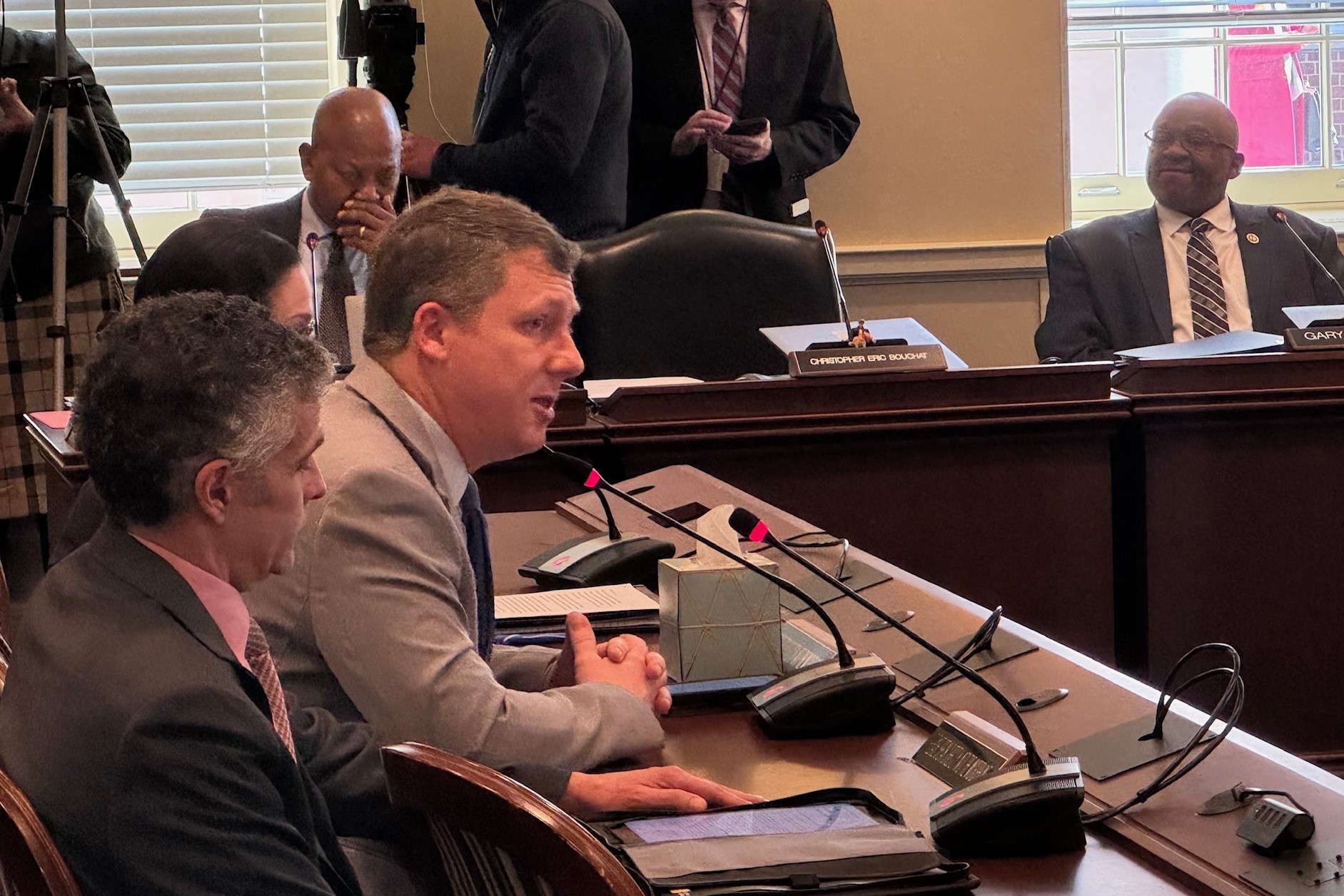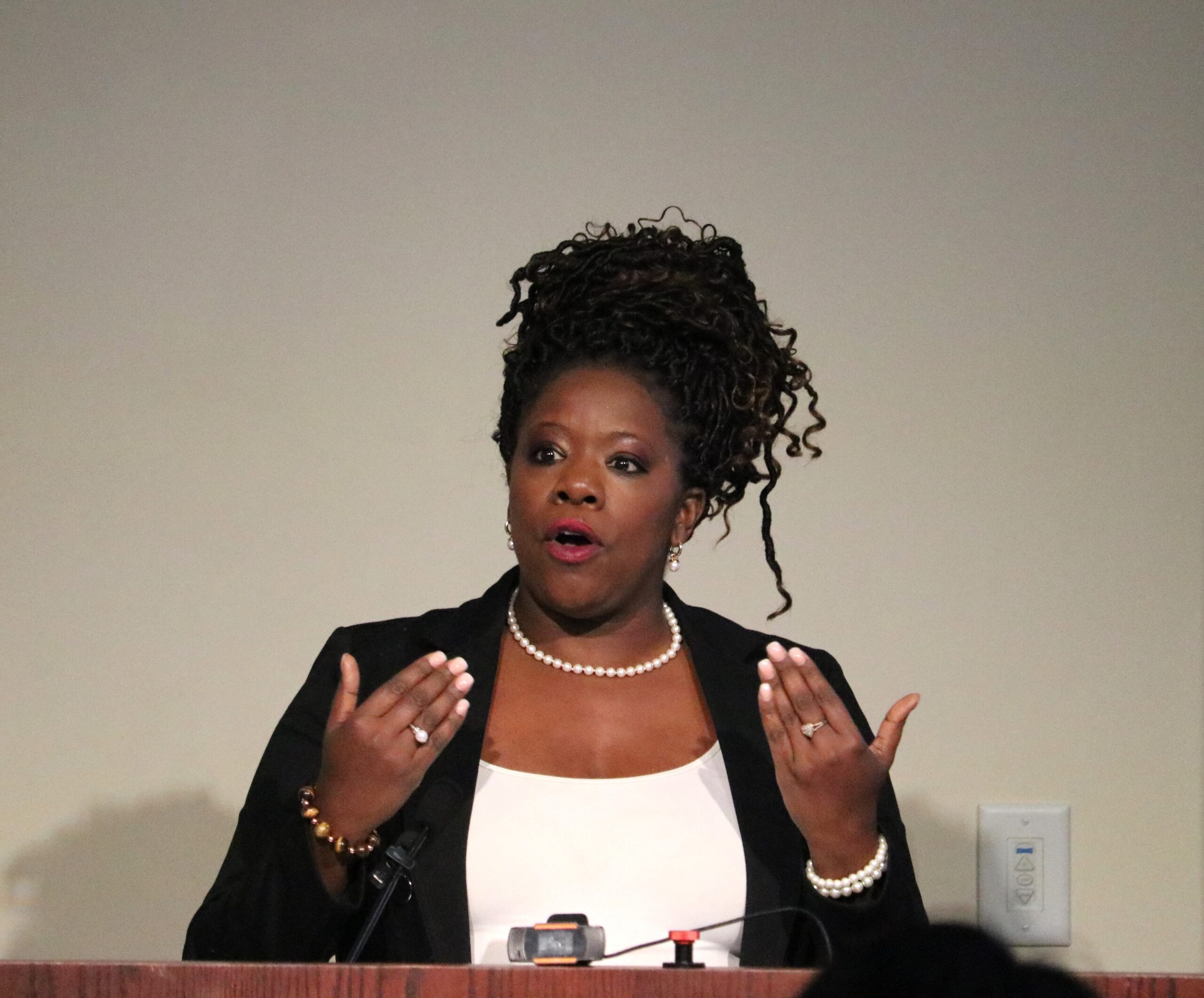Opinion: The Enormous Power of Prosecutors


Aisha N. Braveboy
Your vote for local prosecutor, sometimes referred to as state’s attorney or district attorney, is critically important because prosecutors wield extraordinary power.
If a person is accused of committing a crime, the prosecutor, not the police, has the sole authority to decide whether to bring charges and determine the length of a potential sentence.
In the vast majority of cases, judges do not even have the ability to review a prosecutor’s charging and sentencing decisions. Prosecutors wield enormous influence over police departments. For example, a prosecutor’s decision to decline to bring certain types of cases may influence a police department’s arrest policies. In short, prosecutors have more of an impact over the day-to-day lives of residents in a community than higher-profile elected officials like members of Congress.
The great power of prosecutors was demonstrated in several recent cases involving voting fraud.
In a case in Tarrant County, Texas, a black mother of two was sentenced to five years in prison for unlawfully voting in the 2016 presidential election.
The defendant had a prior felony conviction for tax fraud, which made her ineligible to vote in Texas. The defendant was unaware that convicted felons cannot vote in Texas until after they have completed their entire sentence including periods of supervised release.
The defendant, intending to exercise her civic duty, voted while on parole.
The Texas prosecutor not only brought charges against the defendant but recommended a five-year prison sentence for the incident.
In another Tarrant County case, a judge who intentionally committed voting fraud by falsifying signatures on an election petition received only probation. This judge had a history of misconduct including being reprimanded by the Texas Commission on Judicial Conduct for an inappropriate sexual relationship with a law clerk.
In Catawba County, N.C., a woman pretended to be her deceased mother so that she could vote twice in the 2016 presidential election. In spite of the fact that the woman intentionally committed voting fraud, the North Carolina prosecutor declined to bring charges against her.
The North Carolina prosecutor cited “compassion” as a reason for not bringing charges against the woman. The woman who committed voter fraud could have been subjected to felony charges with substantial imprisonment had she been prosecuted.
These cases vividly illustrate why prosecutors matter. Prosecutors alone decide who will be charged with a crime or who will be directed into a diversion program to rebuild their lives or who will have charges dismissed.
It is important for voters to educate themselves on where candidates for prosecutor stand on criminal justice issues. Voters should be very careful when voting for prosecutors because their freedom might literally depend upon who is elected to that office.
AISHA N. BRAVEBOY
The writer is a former member of the Maryland House of Delegates who served from 2007 to 2015. She is a Democratic candidate for Prince George’s County State’s Attorney.




 Creative Commons Attribution
Creative Commons Attribution